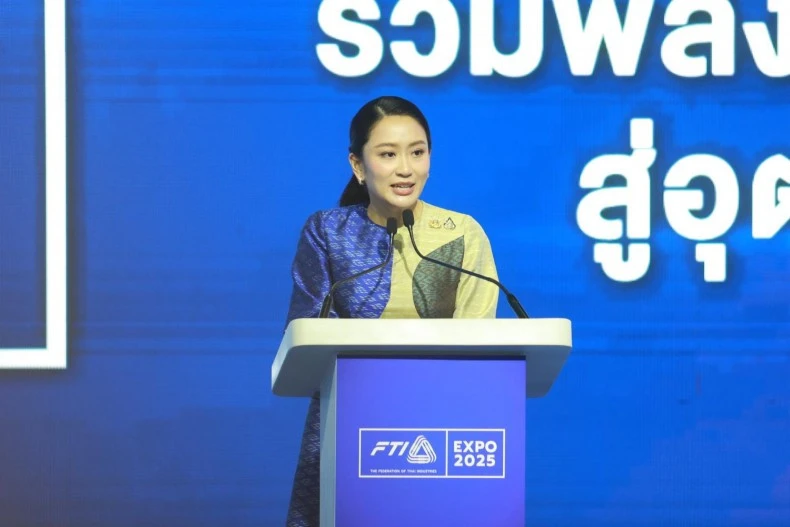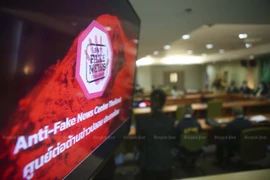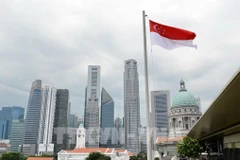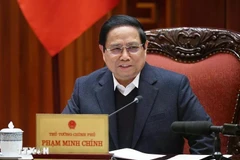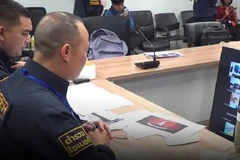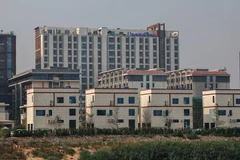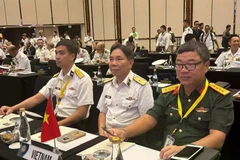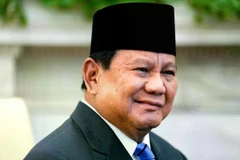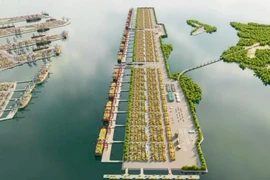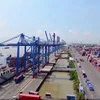Bangkok (VNA) - Thai government is drafting the country's first law on artificial intelligence (AI), aiming to adopt and regulate AI technology to strengthen businesses and the economy, said Prime Minister Paetongtarn Shinawatra.
She said the new law will ensure users can enjoy the full benefits of AI and use the technology responsibly.
Speaking at the FTI Expo, organised by the Federation of Thai Industries (FTI) from February 12-15, the premier highlighted that AI will become a key tool in driving businesses and developing industries. She also affirmed that the government wants the law to support the use of AI in manufacturing and trade, and the draft will be completed soon.
FTI Chairman Kriengkrai Thiennukul said the federation is preparing an AI roadmap with guidelines for the manufacturing sector to get better use out of AI technology, which will become a powerful tool to develop industries.
He acknowledged that AI will help manufacturers analyse factors that determine or affect product quality, prices and business growth, leading to improved return on investment.
The FTI also set up a new unit to promote innovations in the manufacturing sector to help entrepreneurs better manage costs, increase competitiveness, and align with global trends./.
